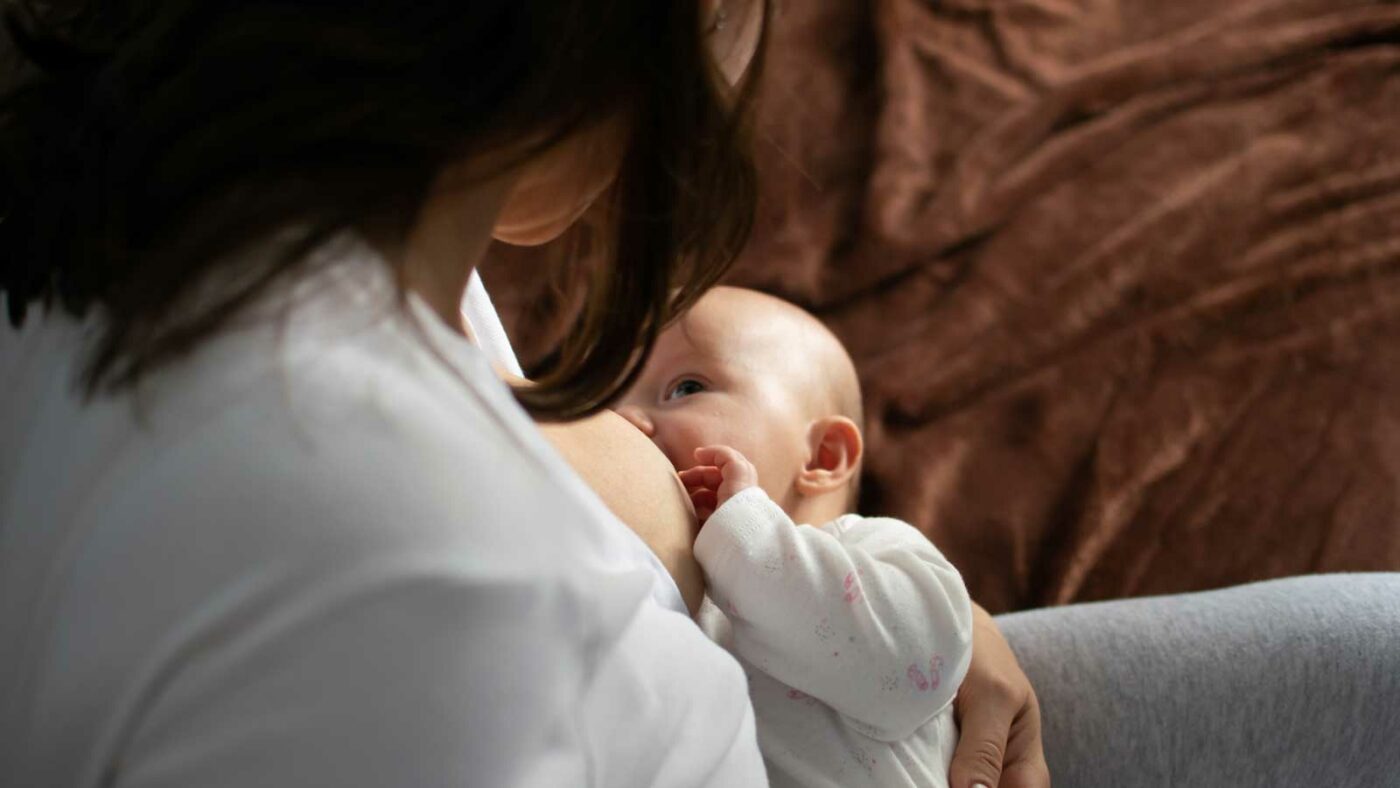Breast implants have become increasingly popular among women seeking to enhance their appearance and boost their self-confidence. However, for women who have or are considering breast implants, one common concern is whether it is possible to breastfeed with implants. In this article, we will explore this topic in detail and provide you with the information you need to make an informed decision.
Can you breastfeed with implants?
The short answer is yes, you can breastfeed with breast implants. The majority of women with breast implants are able to breastfeed successfully. However, there are some factors that may affect breastfeeding with implants, which we will discuss in the following section.
Factors that may affect breastfeeding with implants
While many women with breast implants are able to breastfeed without any issues, there are certain factors that may affect breastfeeding with implants. One factor is the placement of the implants. If the implants are placed under the muscle, they are less likely to interfere with breastfeeding. On the other hand, if the implants are placed over the muscle, they may put pressure on the milk ducts and make it more difficult for milk to flow.
Another factor to consider is the type of incision the surgeon uses during the breast augmentation surgery. The most common incision sites are around the areola (periareolar), under the breast (inframammary), or in the armpit (transaxillary). The periareolar incision may carry a higher risk of damage to the milk ducts and nerves, which could potentially affect breastfeeding.
Common concerns and misconceptions about breastfeeding with implants
There are several common concerns and misconceptions surrounding breastfeeding with implants. One concern is that the implants may leak or rupture and harm the baby. However, it is important to note that modern breast implants are made of a cohesive gel or saline solution that is contained within a durable shell. While it is possible for a rupture to occur, the risk is relatively low and the leaked silicone or saline is unlikely to harm the baby.
Another misconception is that breastfeeding with implants can cause sagging or other changes in the appearance of the breasts. However, studies have shown that breastfeeding itself, with or without implants, does not cause sagging. The natural process of aging and changes in weight are more likely to contribute to breast sagging.
Tips for successful breastfeeding
If you have breast implants and are planning to breastfeed, there are several tips that can help you have a successful breastfeeding experience. First and foremost, it is important for you to consult with a lactation specialist or your doctor before giving birth. They can provide guidance and support, as well as assess your individual situation to determine if there are any specific concerns to address.
During breastfeeding, it can be helpful to try different breastfeeding positions to find the most comfortable and effective one for you. Experiment with different holds and pillows for support. It is also important to ensure a good latch, as a proper latch is crucial for successful breastfeeding.
What to consider
If you are considering breast implants and are planning to breastfeed in the future, there are some important factors to consider. One factor is the timing of the breast augmentation surgery.Experts generally recommend to wait until after you have finished having children before undergoing breast augmentation. This is because pregnancy and breastfeeding can cause changes in breast size and shape, which may necessitate revision surgery.
Another consideration is the type of implant used. Silicone implants are the most commonly used and have been deemed safe for breastfeeding. However, if you have concerns about breastfeeding, you may opt for saline implants, as they have a lower risk of interference with milk production.
Consultation with a lactation specialist or doctor
Before making any decisions, it is crucial to consult with a lactation specialist or your doctor. They can provide you with personalized advice based on your individual circumstances and help you weigh the potential risks and benefits. They can also address any concerns you may have and provide support throughout your breastfeeding journey.
Real-life experiences and stories
Many women with breast implants have successfully breastfed their babies and have shared their experiences and stories online. These real-life accounts can provide valuable insights and reassurance for women who are considering breastfeeding with implants. Reading about the experiences of others can help you feel more prepared and confident in your own breastfeeding journey.
Support and resources
If you are planning to breastfeed with breast implants, there are several resources available to support you. Online forums and support groups specifically for women with breast implants can provide a platform for sharing experiences, asking questions, and seeking advice. Additionally, lactation consultants and breastfeeding support organizations can offer guidance and assistance throughout your breastfeeding journey.
Conclusion: Making an informed decision about breastfeeding with implants
In conclusion, It is generally possible and safe for both the mother and the baby. While there are factors that may affect breastfeeding with implants, most women are able to breastfeed without any issues. It is important to consult with a lactation specialist or your doctor before making any decisions and to seek support and resources as needed. With the right guidance and preparation, you can have a successful breastfeeding experience even with breast implants.
If you have any concerns or questions about breastfeeding with implants, we encourage you to consult with a lactation specialist or your doctor. They can provide you with personalized advice and support to help you make an informed decision. Remember, you are not alone, and there are resources available to assist you throughout your breastfeeding journey.





